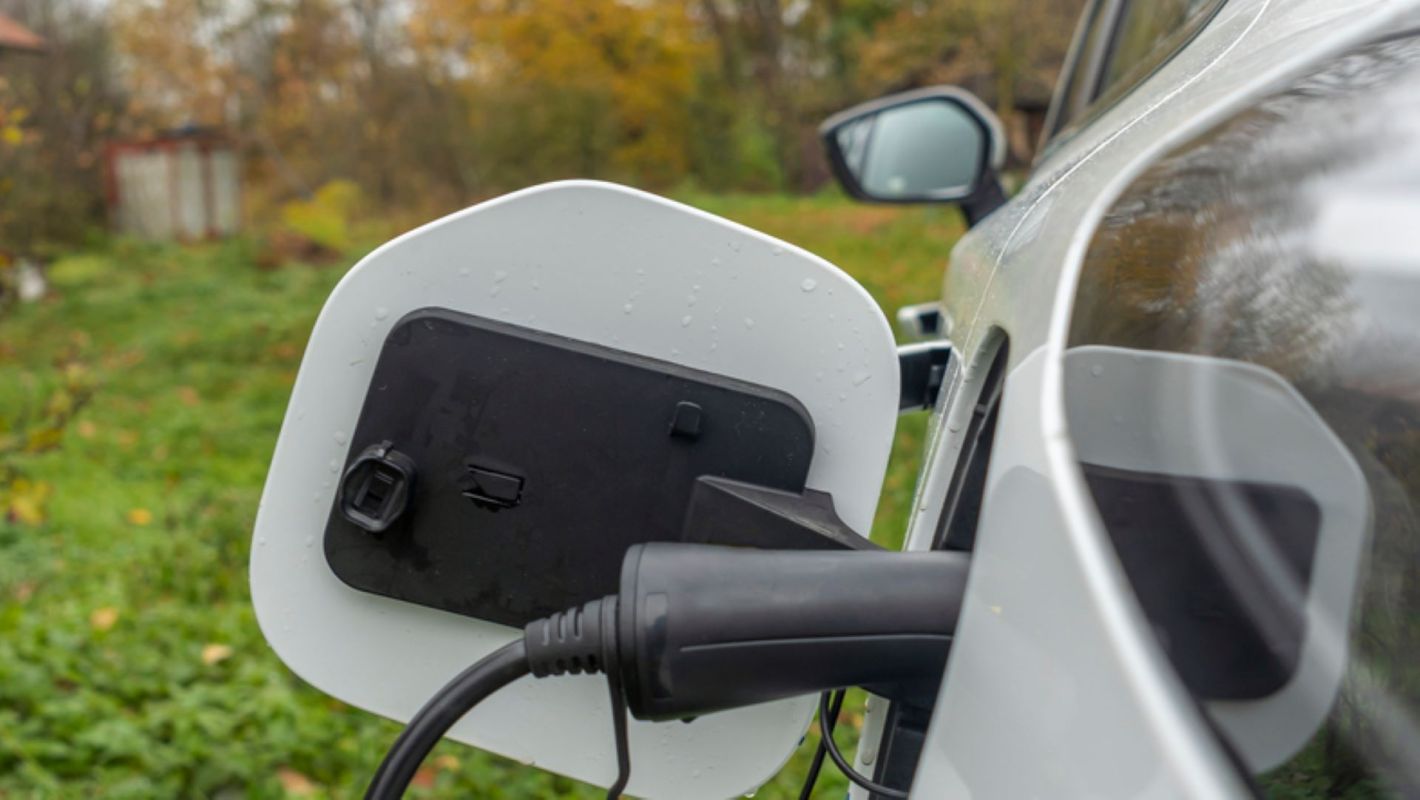A new technology may soon give lithium-ion batteries a run for their money — and it's all thanks to some clever scientists … and aluminum foil.
Lithium-ion batteries, used in everything from laptops to electric vehicles, have dominated over the past three decades, as CleanTechnica reports. However, we have started to reach our limits with lithium-ion technology, especially as long-range EVs and electric aircraft enter the market.
That's where the foil comes in. Researchers at the Georgia Institute of Technology are using it to develop a battery that boasts higher energy density and greater stability — the two qualities a good battery needs.
The team's new battery system could help EVs run longer on a single charge and would be cheaper to manufacture than the lithium-ion variety. Plus, "it's cost-effective, highly recyclable and easy to work with," lead researcher Matthew McDowell said, per CleanTechnica.
In the past, aluminum was disregarded as a viable battery material, according to the outlet. That's because aluminum fractures and fails within a few charge-discharge cycles when used in conventional lithium-ion batteries. This is due to the expansion and contraction that occurs as the lithium travels in and out of the aluminum.
However, the emergence of solid-state batteries has changed the game — they are non-flammable and enable the integration of new high-performance active materials. In this case, researchers added small amounts of other materials to aluminum to create different foils with particular arrangements.
Ultimately, they found that the aluminum anode (one of the essential parts of a battery) can store more lithium than traditional anodes, which helped the researchers create a high-density battery that "could potentially outperform" its lithium-ion counterpart.
"One of the benefits of our aluminum anode is that it enables performance improvements, and it can be very cost-effective," McDowell told CleanTechnica. "When using a foil directly as a battery component, we actually remove a lot of the manufacturing steps that would normally be required to produce a battery material."
Electric vehicles and aircraft are crucial to a transition toward a greener future, as they emit far less planet-warming gas than conventional transport options. But these technologies face one big hurdle — range.
For instance, short-range electric aircraft are in development, but current batteries just can't hold enough energy for these planes to fly distances greater than about 150 miles. Electric automakers are hard at work trying to find innovative ways to extend range limits as well.
Though it's unclear when this battery technology might hit the market, it could help EVs and electric aircraft go the distance in the future.
Join our free newsletter for weekly updates on the coolest innovations improving our lives and saving our planet.









